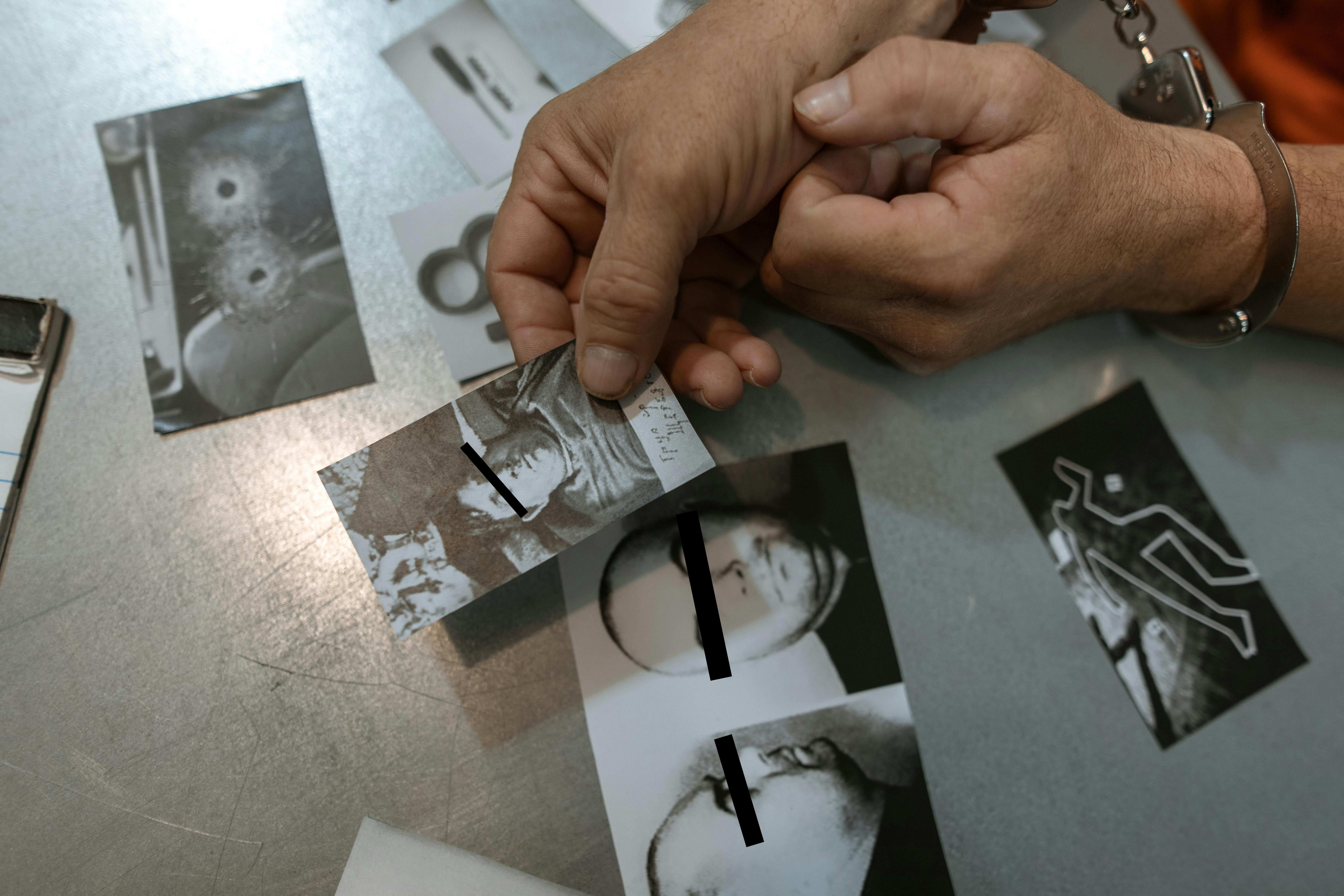Experience has shown that some of the typical approaches to negotiation are very smart… or the opposite. Here are ten of the most common, starting with the smart ones.
yesstart positively with compliments
Smart negotiators realize that the atmosphere they create will impact the perception and behavior of the other. Make it clear that your intention is to find the best deal for both of you. Instead of positioning yourself as competitors, see each other as partners working together to solve your mutual problem. Just as a mountain climber needs a partner to reach the highest peak, you need each other to achieve the best mutually beneficial agreement.
If you can include an appropriate compliment, it will not only speed up the creation of your report, but also introduce positive labeling. It has also been shown that by positively labeling someone, you can influence them to act that way. So if, for example, I complimented them on being so understanding, it might make them try to be more understanding!
METERMake Them Aware of Your Preparation
Your preparation is often the most important job you do in a negotiation. Thorough preparation gives you the foundation to confidently make your offer and the leverage to unsettle the other party.
If you know something they don’t know you know, use it soon. Some negotiators will withhold this information, saving it as ‘ammunition’ to use if the other side becomes difficult. You’ll get better results if you disclose this information early, before offers are put on the table. Doing this shocks the other side, making them doubt the quality of your preparation. If I can compromise your confidence in your preparation, I will cast doubt on the validity of your offer that was based on that preparation.
HASAsk for their opinion before making your offer
Most negotiators can only determine the other party’s reaction to their offer after they’ve put it on the table. Once an offer is made, it cannot be taken back. Smart negotiators do their best to test each other’s opinion before making any offers. They create a conversation in which neither party engages, they just share ideas and reactions to better understand each other’s interests and priorities. They could use a phrase like “I don’t see any commitment yet, but how would you feel if we put this with this in a package that includes…”
Once either party puts an offer on the table, negotiation begins and the exchange of information stops. Therefore, you should get as much information as possible before you start trading.
RReferring to the Authority and Influence of Others
It’s unrealistic to expect anyone in a negotiation to accept the other party’s numbers, so you need to find an authoritative source that you can both agree on.
If I try to change his mind in a negotiation by confronting his ideas, he is likely to become more entrenched in his ideas while arguing against me. It has been shown that I can influence the way you think by pointing out the actions of other people whom you consider to be similar to yourself. Identifying such benchmarks is part of preparing a smart negotiator.
Tthat is, Together a Package with the Maximum Perceived Value
It is virtually impossible to negotiate a win-win outcome on a single issue. Use your preparation and noncommittal conversations with them early in the negotiation to create an integrated package with maximum perceived value; remember that something that has a high perceived value to them might cost you very little.
On the contrary, there is a lot of stupid trading behavior.
yesstart aggressively with criticism
Some negotiators start with the thought, “I’m going to show them how tough a negotiator I am.” Research has shown that when I perceive you to be competitive, I become more competitive, less likely to share information with you, and less flexible with my offer(s). Not a smart way to start!
Tearly offer
Moving too fast in the negotiation will limit your chances of finding the maximum possible value for a deal.
yourundermine your offer and/or authority
It’s okay to question your offer, but turning it down will only result in a negative response.
Pplace your cards near your chest
This is trading, not poker! Lack of information sharing (which could in no way have compromised either position) is one of the main reasons for poor agreements.
meirritate them: to make them do or say something they regret
He only works with very inexperienced negotiators.
Ddemanding answers after you’ve cornered them
Okay, so you’ve traded them with your clever ‘traps’. Now you have someone who has a grudge against you and you have to work with them to make this deal add value.
When trading, you have choices…choose the smart ones!
